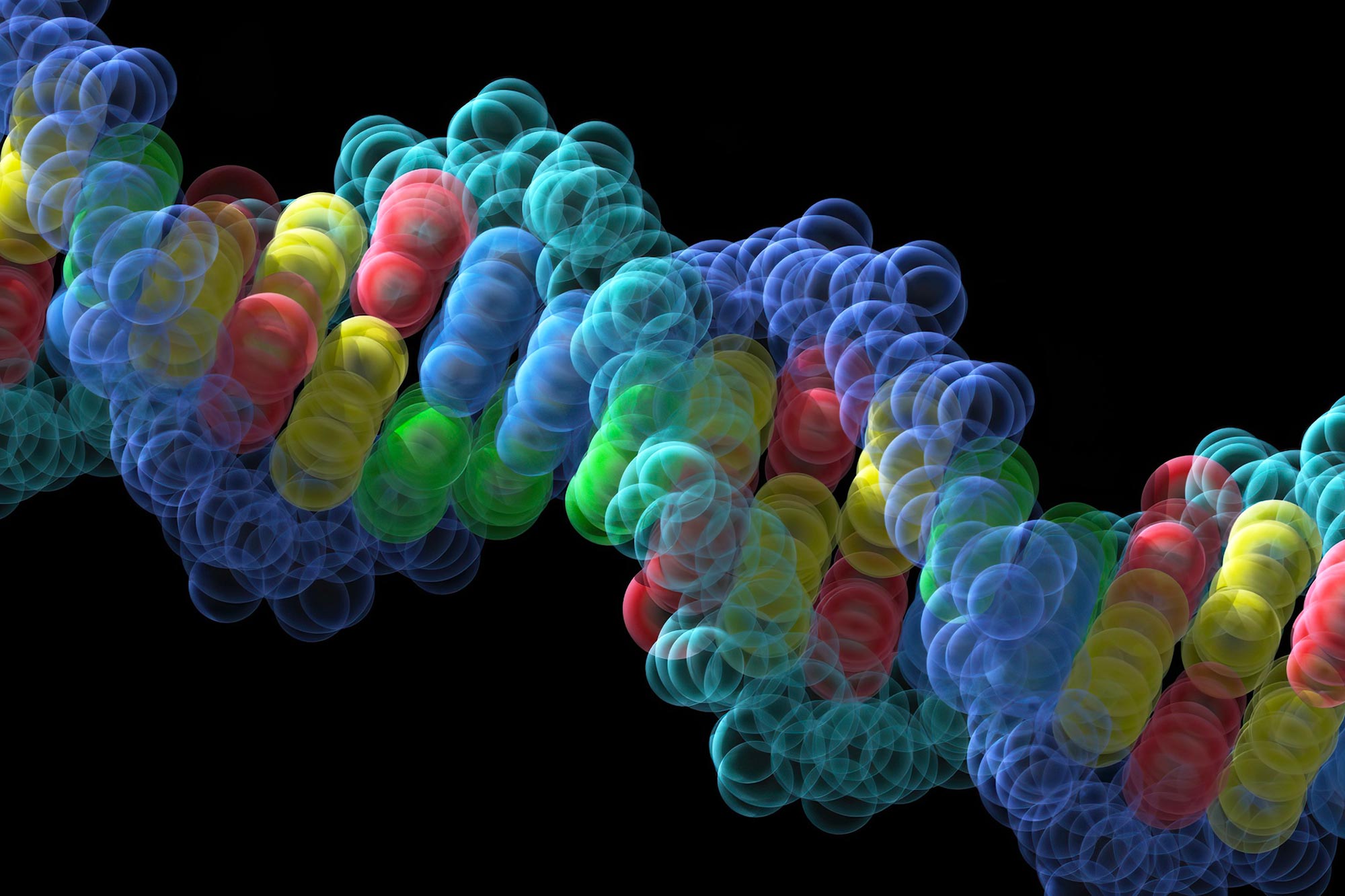Connect with us
Published
4 hours agoon
By
admin
Quantum biology examines the influence of quantum effects on biological processes, challenging the belief that such effects dissipate quickly in living systems. Research shows that quantum mechanics, which governs atomic and molecular properties, plays a significant role in vital functions like enzyme activity, metabolism, and magnetic field sensing. This understanding could lead to innovative, non-invasive therapeutic methods that allow patients to manage treatments through mobile devices, potentially revolutionizing approaches to injuries and diseases.
Despite quantum effects generally manifesting at exceedingly small scales or near absolute zero, studies indicate that they can still pertain to physiological processes at room temperature, contradicting the classical physics perspective that has dominated biology. For instance, weak magnetic fields can influence cell development and genetic repair by affecting electron spins.
As researchers like Clarice D. Aiello at UCLA emphasize, uncovering the nuances of quantum biology necessitates an interdisciplinary approach, merging physics, biology, and engineering. Collaborative efforts are essential to develop a “deterministic codebook” mapping quantum interactions to physiological outcomes, with transformative potential in medicine and biotechnology. This emerging field demands a new scientific paradigm that recognizes the intricate interplay between quantum mechanics and life processes.


















